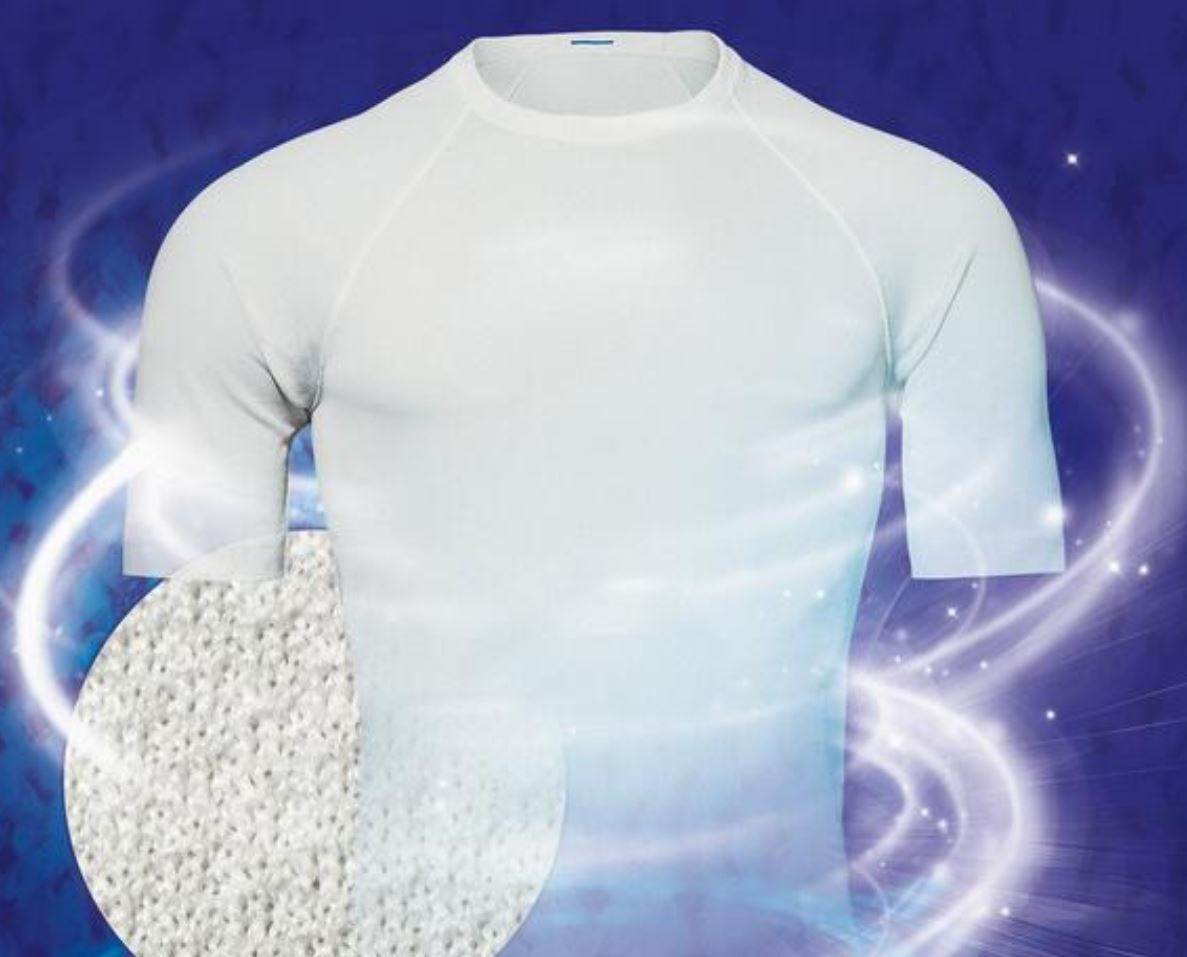Consortium reveals world's first 100% fibre-to-fibre biorecycled t-shirt

French biorecycling specilaist Carbios and its ‘fibre-to-fibre’ consortium partners - On, Patagonia, Puma, Salomon, and PVH Corp - have unveiled the first enzymatically recycled polyester garment made from 100% textile waste.
The partners described the achievement as an important step forward for the textile industry’s shift towards a circular economy.
A white T-shirt was a deliberate choice to showcase the technological achievement that made its production possible from mixed and coloured textile waste. The polyester is broken down using enzymes into its fundamental building blocks which are reformed to produce biorecycled polyester whose quality is on par with oil-based virgin polyester.
The t-shirt’s production began with all consortium members supplying rolls and production cutting scraps to Carbios in Clermont-Ferrand, France. This textile waste consisted of some mixed blends with cotton or elastane, as well as various treatments (such as durable water repellent) and dyes which render them complex to recycle using conventional methods. The collected waste was deconstructed into its original monomers, PTA and MEG, using Cabios’ technology. The resulting monomers were then repolymerized, spun into yarn and woven into new fabric by external partners.
Carbios’ demonstration plant in Clermont-Ferrand, France, has been running since 2021, and its first commercial plant, the world’s first industrial-scale enzymatic PET recycling plant, is currently under construction in Longlaville, France. In addition, Carbios has signed several letters of intent with PET producers in Asia and Europe, confirming global interest in its biorecycling technology and advancing the international roll-out of its licensing model.
Anne-Laure Descours, chief sourcing officer at Puma, said: “Puma’s wish is to have 100% of our polyester coming from textile waste. Today’s announcement is an important milestone towards achieving this and making our industry more circular. We now need to work together to make sure we can scale up this technology to make the largest possible impact.”
Currently, the majority of recycled polyester in the industry is made from PET bottles, and only 1% of fibres are recycled into new fibres.











